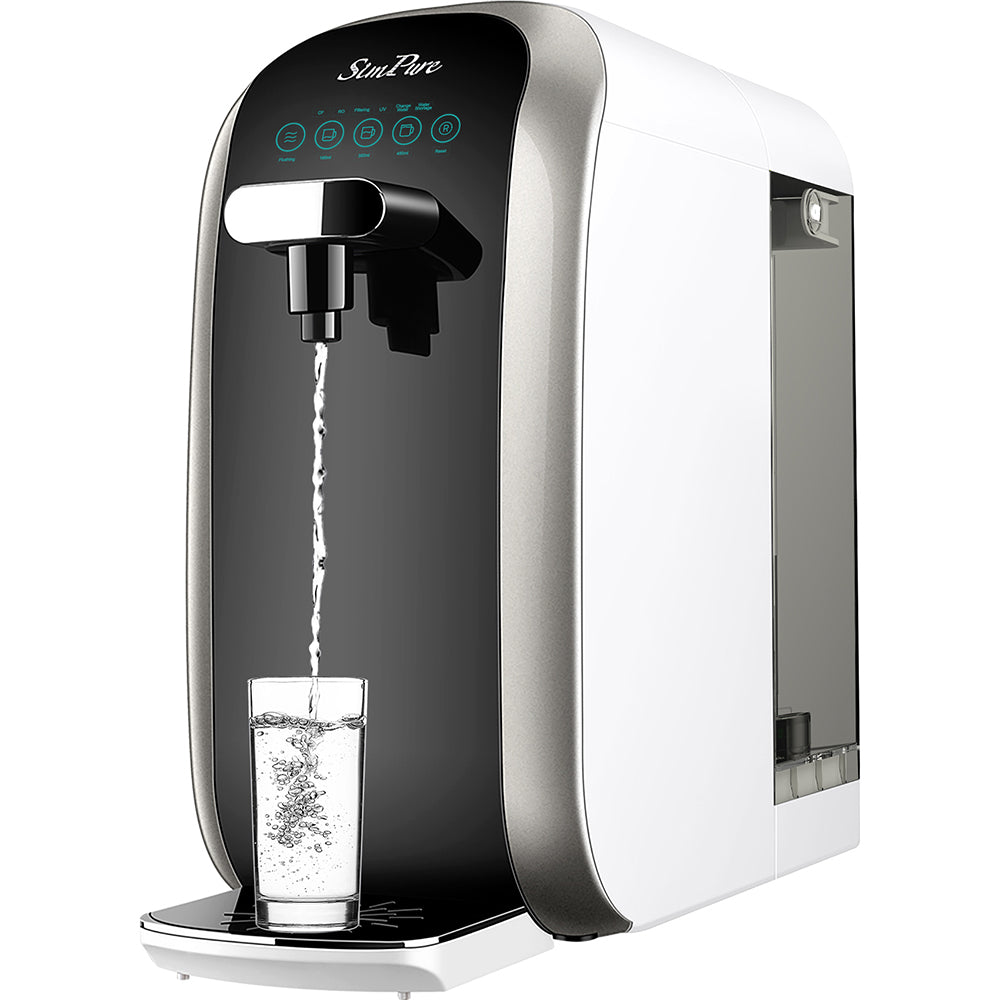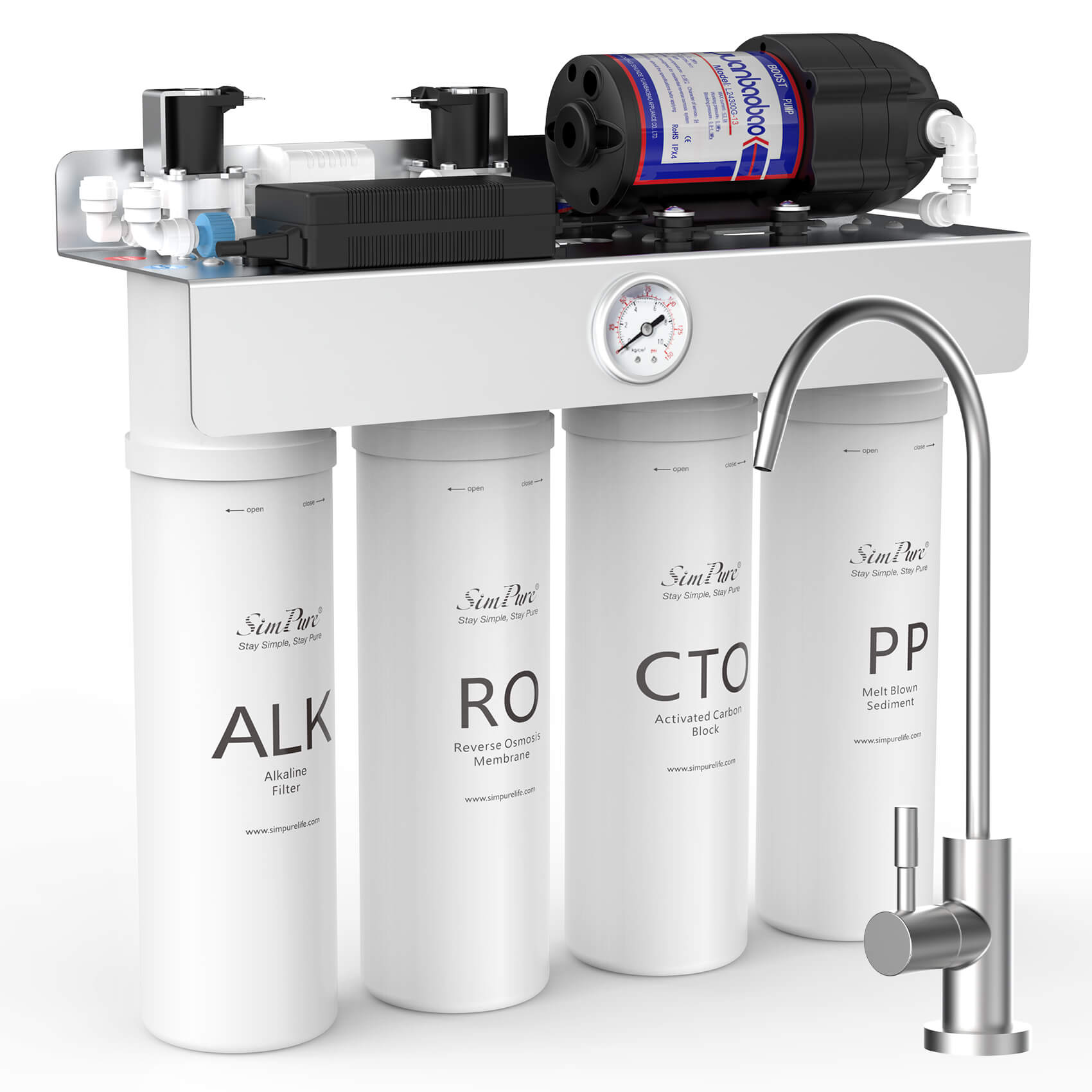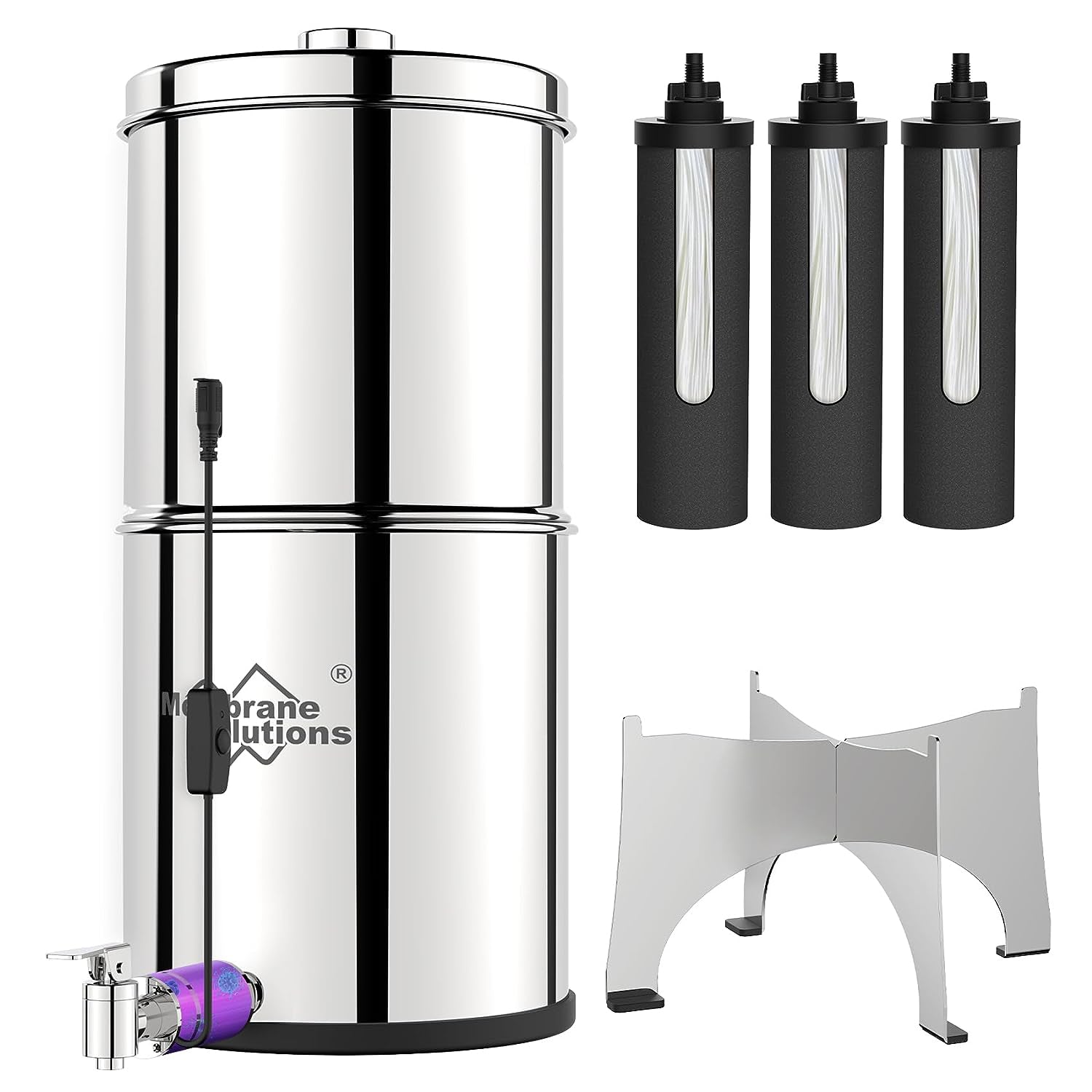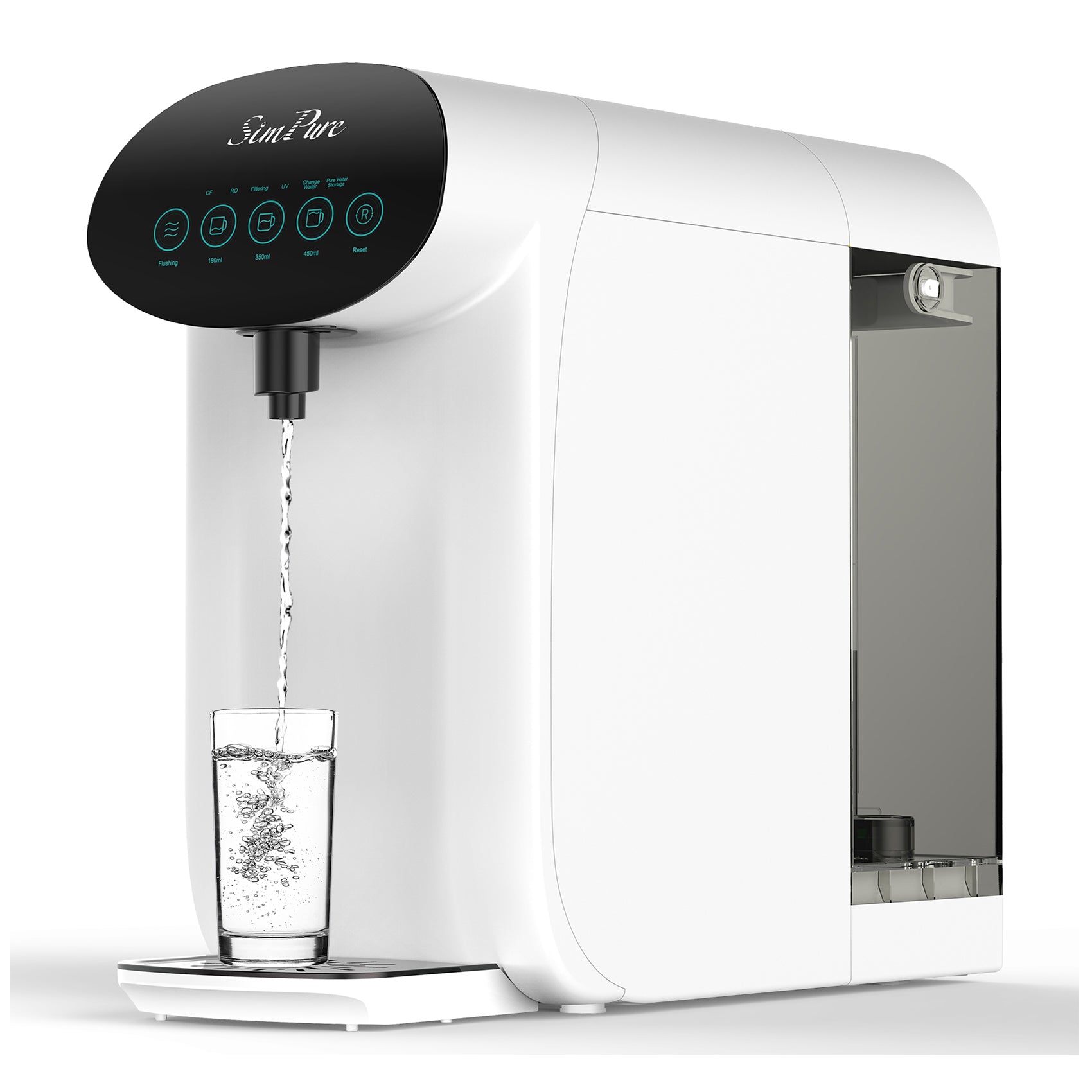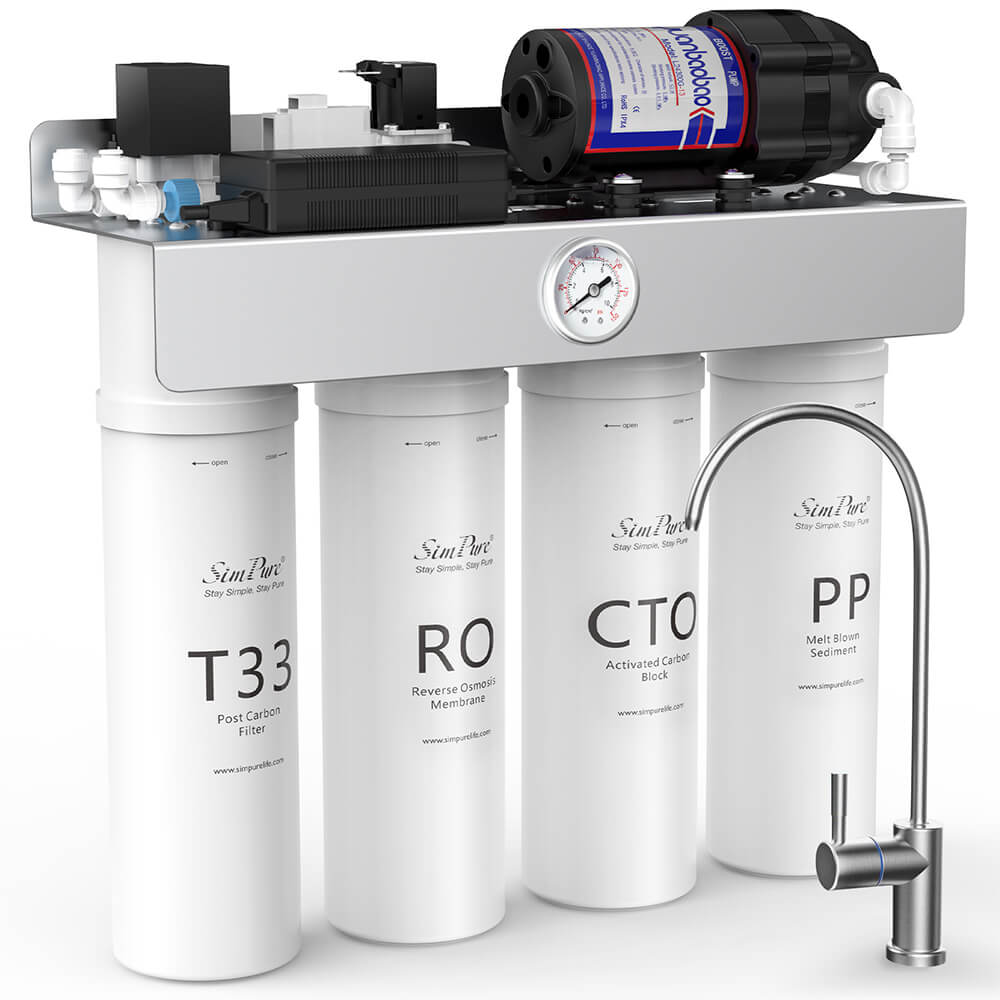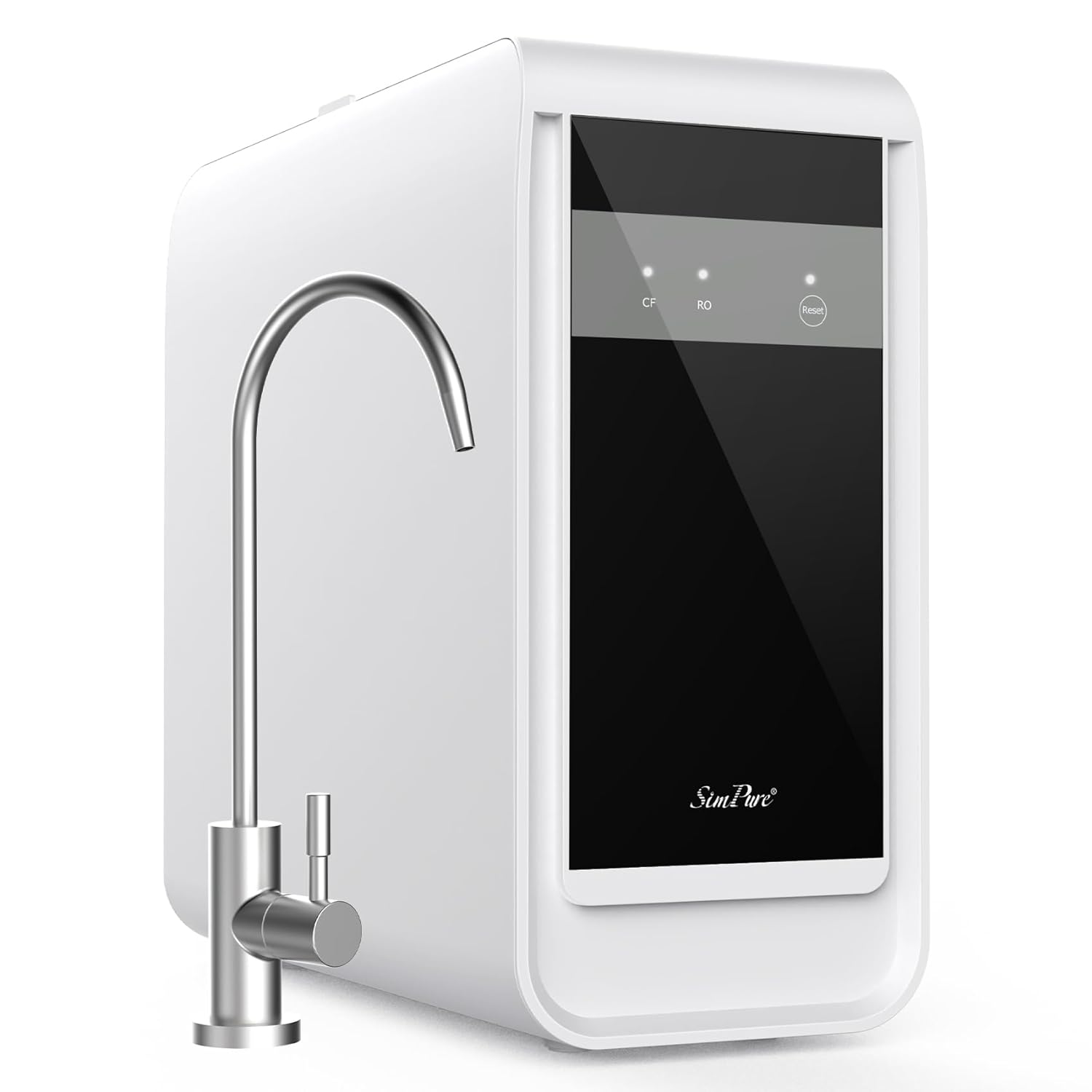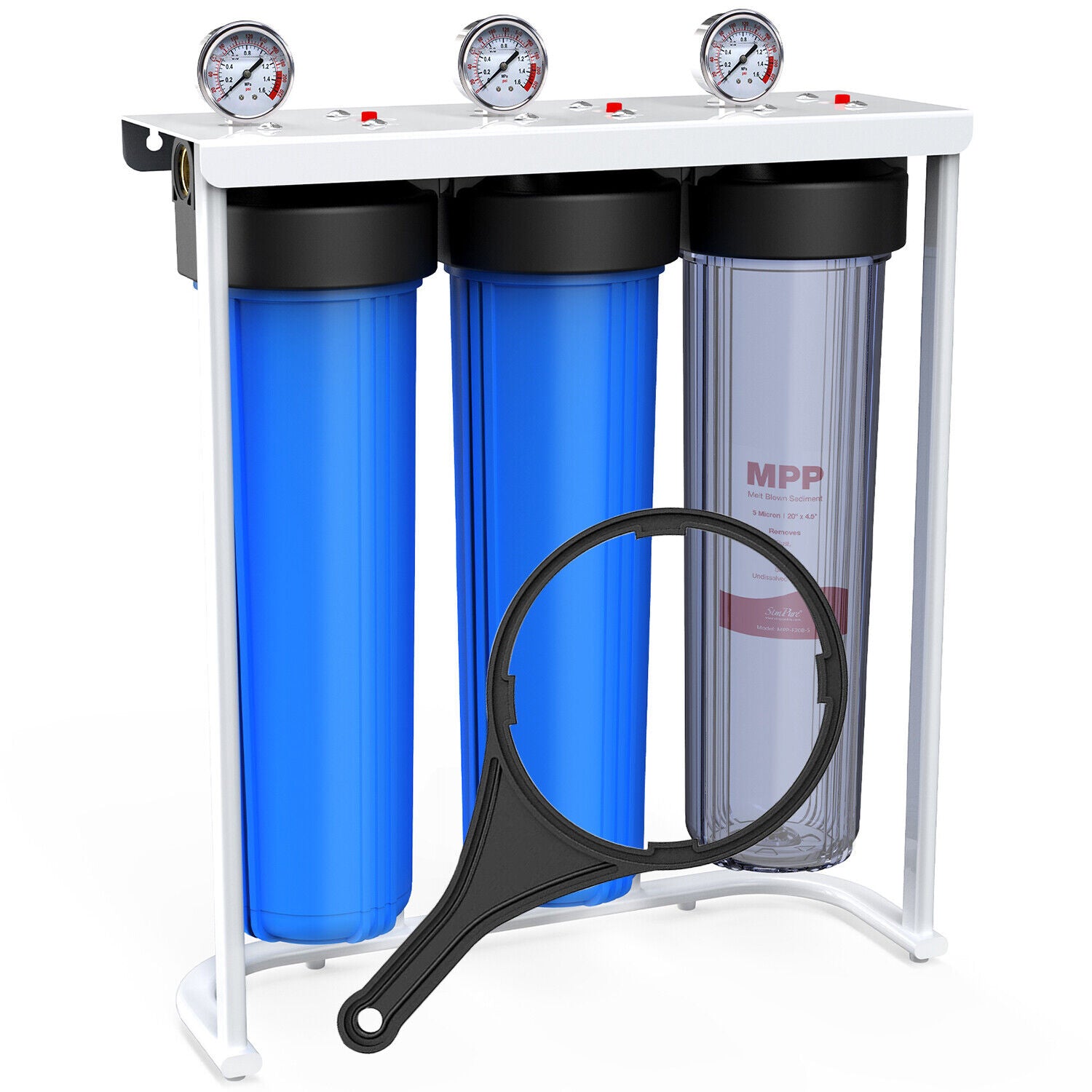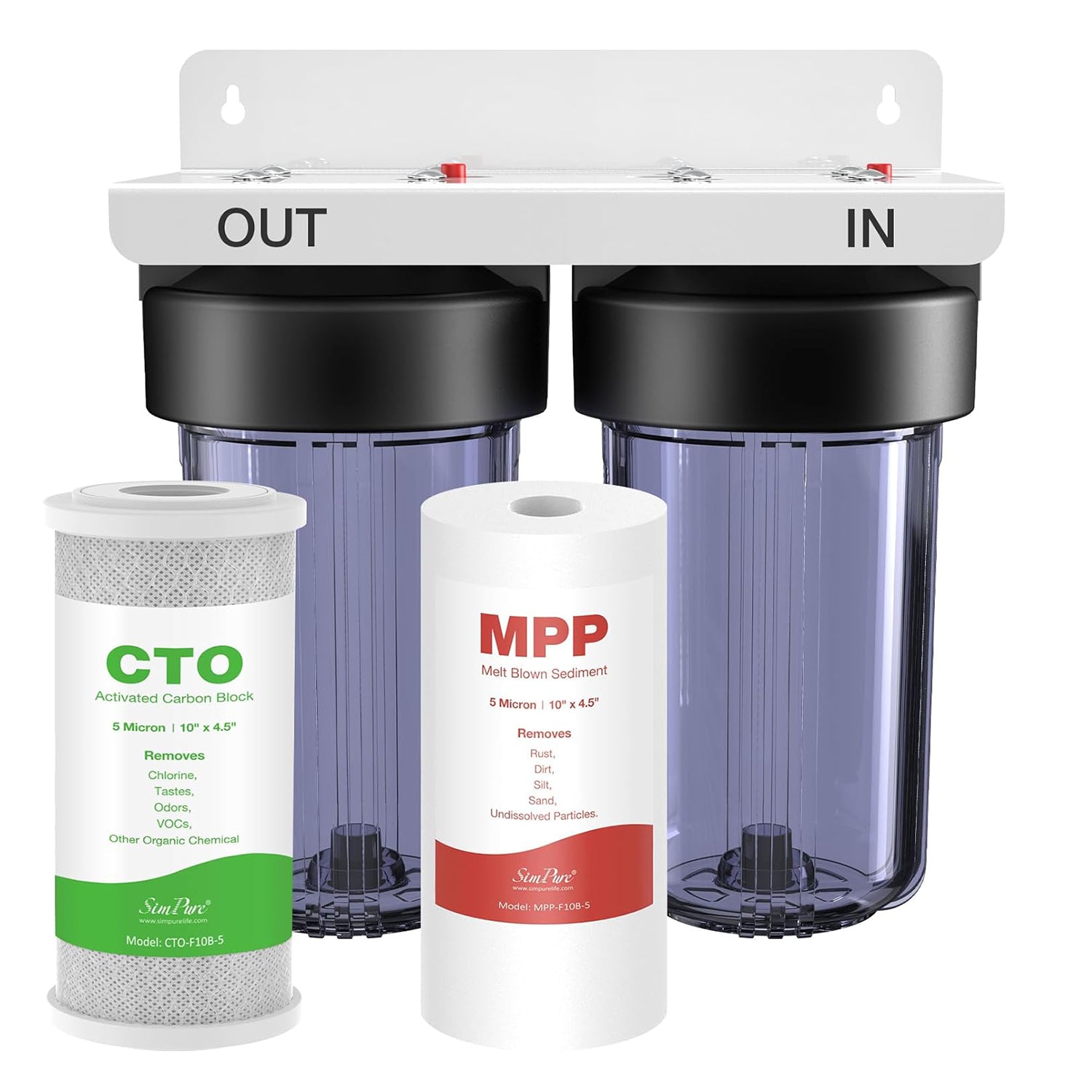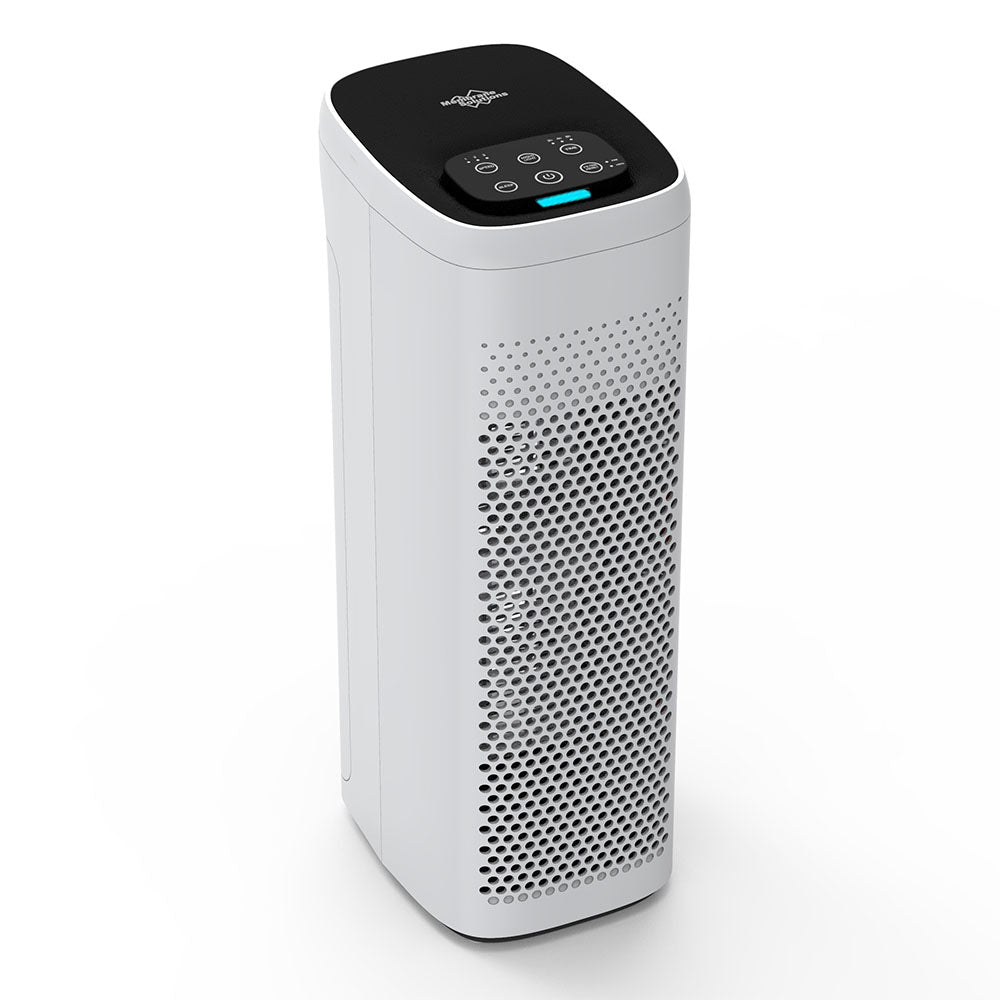With over 40 million residents and numerous water contamination issues, California is at the forefront of water quality concerns. Surprisingly, one renowned water filter brand, Berkey, faces a ban in this state. Let's explore the intriguing reasons behind the ban and why the state has taken such a stance on this widely acclaimed filtration system.
Table of Contents
Background Info on Berkey Water Filter System
Water Quality Standards in California
Water Filter Certification and Regulation
Detailed Analysis: Berkey Water Filter and California's Regulations
Background Info on Berkey Water Filter System
The Berkey water filter system is a trusted name in the field of water filtration. It operates on a simple yet effective principle, using gravity-fed filters to remove contaminants and provide clean drinking water. The system consists of upper and lower chambers, with the upper chamber holding the unfiltered water and the lower chamber collecting the filtered water.
Berkey water filters have gained widespread popularity due to their exceptional ability to purify water. With their advanced filtration elements, they can efficiently eliminate a wide range of impurities, including bacteria, viruses, heavy metals, pesticides, and pharmaceutical residues. The filters employ a combination of microfiltration and adsorption, ensuring the removal of even the tiniest particles and harmful substances.
Berkey offers a range of filter models to meet diverse needs. From compact options like the Travel Berkey to larger systems like the Big Berkey and Royal Berkey, users can select the model that best suits their household size and usage requirements. Additionally, Berkey filters are known for their long lifespan and cost-effectiveness, making them an attractive choice for those seeking a reliable and economical water filtration solution.
Water Quality Standards in California
In California, water quality standards are rigorously enforced to ensure the protection of public health and the environment. The state sets comprehensive guidelines through agencies like the California Department of Public Health and the Environmental Protection Agency. These standards cover a wide range of parameters, including microbial contaminants, chemical substances, and disinfection byproducts, among others.
The significance of these standards lies in their role in safeguarding public health and safety. By implementing stringent regulations, California aims to prevent waterborne diseases, reduce exposure to toxic substances, and maintain the purity of drinking water sources. These standards also contribute to environmental conservation efforts, as they protect aquatic ecosystems and preserve the natural balance of California's water bodies.
California's water sources face various challenges, including the presence of contaminants. Factors such as urbanization, agricultural practices, and industrial activities contribute to the contamination of water supplies. Contaminants of concern can include heavy metals, pesticides, herbicides, nitrates, and volatile organic compounds. The establishment and enforcement of water quality standards in California are crucial for addressing these challenges and ensuring the availability of safe and clean water for the state's residents.
Water Filter Certification and Regulation
Certifications and regulations play a crucial role in the water filter industry, ensuring the quality and safety of filtration systems. Certifications act as independent verifications that a water filter meets specific performance and quality standards. One common certification is the NSF/ANSI standards, which evaluate factors such as contaminant reduction, structural integrity, and material safety. These certifications provide consumers with confidence in the effectiveness and reliability of the water filters they choose. Compliance with regulations and certifications is essential for manufacturers to demonstrate their commitment to producing trustworthy and effective filtration systems, ultimately contributing to the overall improvement of water quality and public health.
Detailed Analysis: Berkey Water Filter and California's Regulations
Then why are berkey water filters banned in california? California has implemented regulations that directly affect the sale of indoor water systems, including Berkey filters. According to these regulations, any water treatment system sold in the state must undergo certification by an independent third-party testing agency, such as NSF. However, Berkey water filters do not currently hold NSF/ANSI certification. This absence of certification raises concerns regarding their compliance with California's regulations.
NSF/ANSI certification is vital for meeting California's regulations as it ensures that water filters effectively reduce both aesthetic and health-related contaminants. The specific certifications required by California, such as NSF Standard 42 for aesthetic effects and Standard 53 for health effects, address the reduction of contaminants like chlorine, taste, odor, Cryptosporidium, Giardia, lead, Volatile Organic Chemicals (VOCs), and MTBE.
Moreover, The state of California has established rigorous guidelines to ensure the usage of lead-free goods, preventing their distribution within the local market. Furthermore, California mandates that all products, including water filters, labeled as "lead-free" must obtain certification from an accredited laboratory, either NSF or a third-party ANSI-accredited entity, confirming that the lead content does not exceed 0.25%.
Berkey's choice to decline subjecting their filters to testing by an ANSI-accredited independent entity renders the sale and usage of their product illegal within California.The absence of NSF/ANSI certification for Berkey filters is due to the filtration system they employ. While Berkey filters undergo extensive independent testing, they have chosen not to pursue NSF/ANSI certification.
So, Why Are Berkey Water Filters Not NSF Certified?
There are 3 primary reasons:
Firstly, Berkey stands by its rigorous and comprehensive independent testing, which covers a broader range of contaminants compared to the applicable NSF certifications. This ensures that their filters are thoroughly evaluated and meet stringent standards.
Secondly, the cost of obtaining NSF certifications is considered excessively high in relation to the specific testing conducted. By avoiding these unnecessary expenses, Berkey can offer their high-quality filtration system and products at the best possible price.
An additional aspect to explore is Berkey's assertion that their water filtration technology is proprietary. This approach enables them to safeguard the confidentiality of their product compositions, which have granted them a competitive advantage. Furthermore, Berkey has chosen not to publicly showcase the effectiveness of their products in removing contaminants. This stance directly conflicts with Iowa's policy, which necessitates brands to demonstrate product efficiency through live demonstrations. Consequently, Berkey's refusal also led to their banishment from Iowa.
SimPure also acknowledges the financial burden of NSF certifications and shares the view that they can be prohibitively expensive. Instead, we have chosen a different path to ensure the credibility of our water filters. We have obtained certification from SGS, a renowned independent organization specializing in testing and certification. The SGS report serves as a testament to the quality and reliability of our products, including the Water Filter Straw and SimPure Y7P. It provides a comprehensive analysis, assuring customers of compliance with strict industry standards and contaminants covered by NSF/ANSI certifications. To explore the details of the SGS report and gain confidence in our products, just click the pictures to see more.
SimPure Water Filter Straw SGS Report
SimPure Y7P SGS Report





